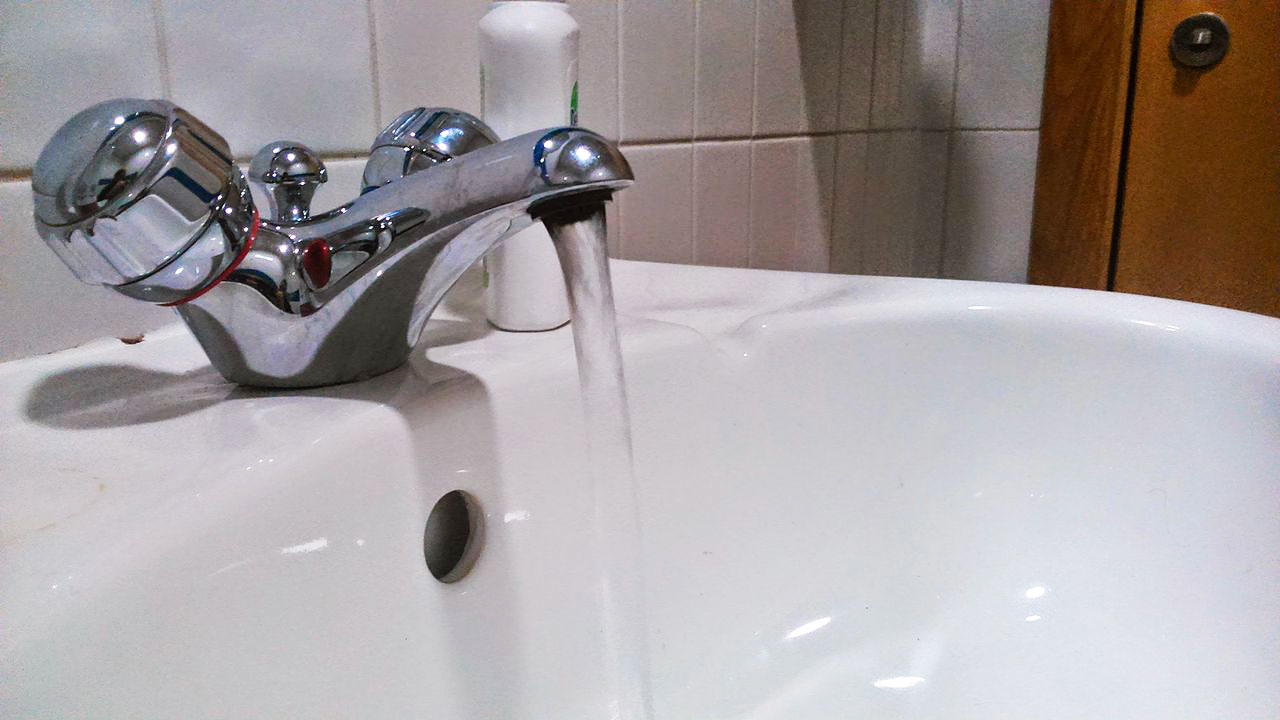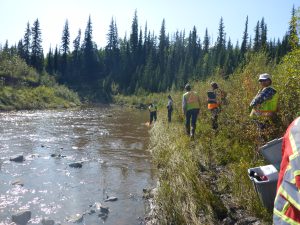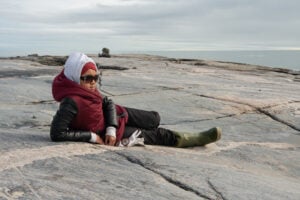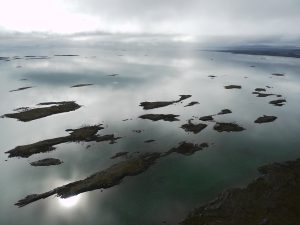We use it every day, yet many Canadians don’t know where the water that flows through their home comes from.
That’s according to the recently released RBC Canadian Water Attitudes Study, which surveyed more than 2000 Canadians in an effort to determine how Canadians feel about water, and learn how the country can advance water conservation efforts.
Robert Sandford, EPCOR chair, Water & Climate Security, United Nations University, spoke to Canadian Geographic about the ninth annual report.
What were the key findings from this study?
Almost 50 per cent of Canadians have ranked fresh water as Canada’s most important natural resource, the highest we have ever seen from this survey. But there’s a contradiction: we are amongst the biggest water wasters in the world. You turn on your tap and you don’t event think about where your water is coming from or where it’s going. So it’s good that Canadians are starting to wake up and realize how important water really is.
Another interesting finding was that over three-quarters of Canadians expressed concern over First Nations water issues. This is really important because despite being a complex issue, it’s a critically important problem and results from this study suggest people are willing to make a national effort in ensuring reliable access to clean water for First Nations.
What was the main goal of this study?
First of all, we wanted to establish a baseline of what Canadians think about water and water waste. From what we’ve seen over the years, there has been increased awareness in some areas but not in others.
The second reason we undertook this study was because we wanted to know how Canadians valued water so that we could potentially raise its profile as an important resource in this country. Municipalities also use the data from our research to shape public attitudes about water and to determine where they should be putting their money.
What are the costs associated with water waste?
The amount of water that Canadians use has resulted in the overbuilding of water infrastructure throughout the country, and now we are finding ourselves in a situation where we can’t afford to maintain or replace all of this overbuilt infrastructure. In not being able to do so, we increase the risk of having more public health disasters like Walkerton.
We also waste enormous amounts of energy moving and treating water—in fact, some municipalities use up to 60 per cent of their energy budgets on water. By wasting this energy we are accelerating climate impacts, which then causes damage to infrastructure that we can’t afford to fix, basically resulting in a vicious and expensive cycle. By simply taking water conservation more seriously we could end up saving a significant amount of money.
How does climate change play into all of this?
For every 1 C increase, the atmosphere can carry seven per cent more water vapour, which is why we are getting bigger storms and more intense weather events year round. Global warming is also causing Arctic sea ice to melt, which is effecting the behaviour of the Northern Hemisphere jet stream. It’s becoming slower and ends up parking weather systems in places longer than they would normally stay.
Another big thing we are seeing is an increase in eutrophication and resulting algal blooms. In fact, over fertilization is occurring all over the world and is one of the top ten most serious environmental threats facing humanity in this century. The rising temperature of water bodies is exacerbating these eutrophication problems, so we can expect to see more toxic blooms as climate change progresses.
This goes to show that understanding what happens near water is a good measure of all kinds of changes that we can expect to see as a result of a warmer climate.
What can we do on a personal level to prevent water waste?
Most importantly, everyone should know where their water comes from, how much water they use, what they use it for, and what condition they return it to the system in.
By having this level of understanding, you will begin to appreciate water more, which will hopefully encourage you to take action. For example, you can go on municipal websites to learn about their water preservation strategies. You can begin to change your behaviour by doing simple things such as using low volume devices on your taps and considering how your landscape directs water.
Water will be more precious in the future than any of us can imagine, so we should all act accordingly.
What can we expect in the future if we don’t start making necessary changes?
We are going to experience an increased presence of water contaminants such as pharmaceuticals and heavy metals, which will decrease our water quality. As a result, it’s going to be very difficult and expensive to have clean drinking water. It’s also going to be more expensive to do all of the things industrially and agriculturally that we need clean water for. We need to recognize the true significance of water and start protecting it now.





